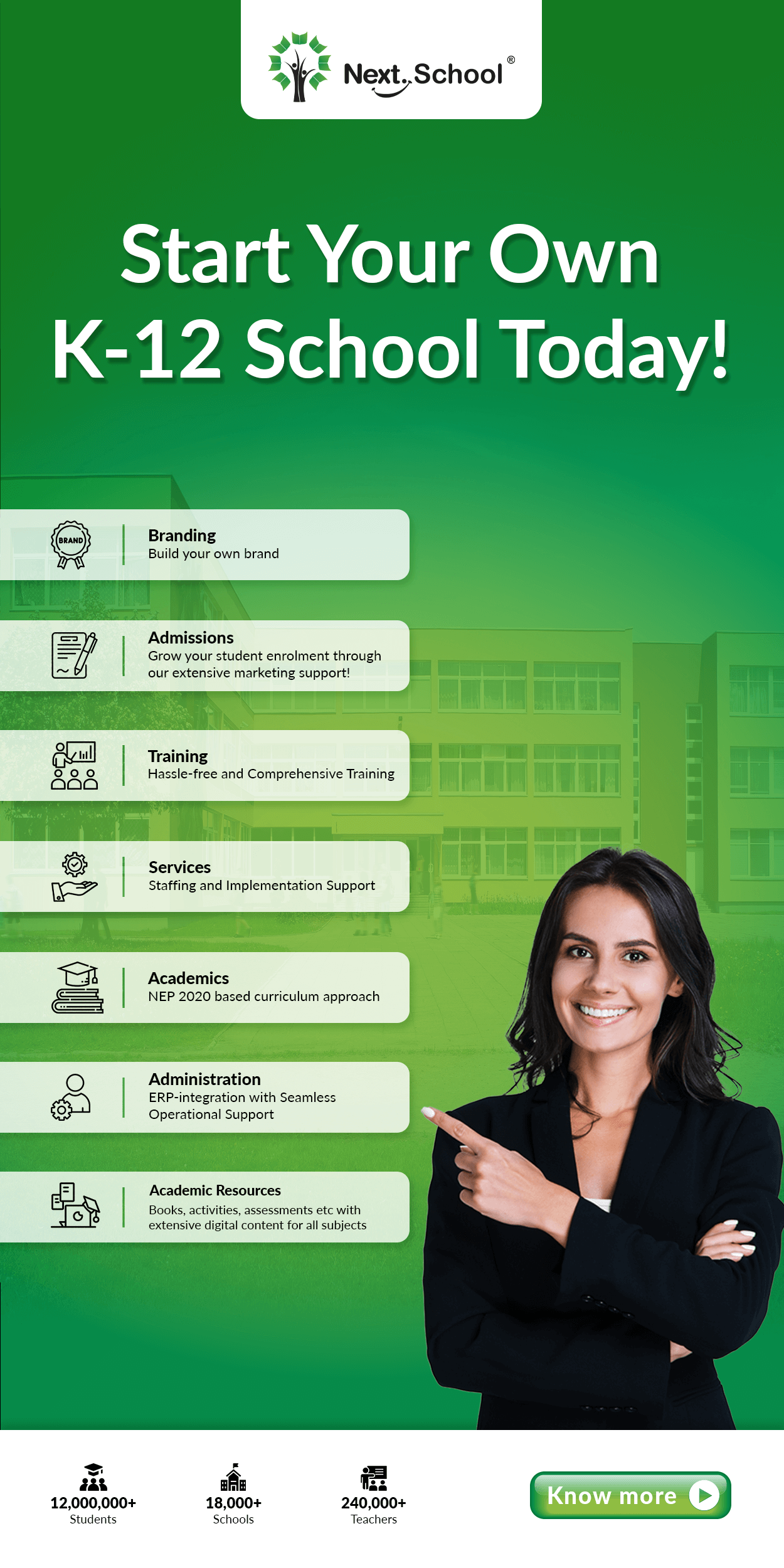Social media gives us a chance to choose how we present ourselves to the world. We can snap and share a picture at the moment, or carefully stage photos and select only the ones we ...
With kids growing up in an age of smartphones and social media, it is important to have online social skills to take part in the virtual community life in an ethical and respectful way. There ...
Today’s educators unanimously agree that education is not literacy and that the latter can be no more than a part of it. Yet, our systems of testing how educated a learner has primarily been based ...
All of us sat through lectures where teachers go on speaking without much scope for interactions among students. This drains the teacher and demotivates students, making the sessions a waste in terms of teaching-learning productivity. ...
There are several reasons why kids should learn to argue and debate well. Debating helps develop reasoning, research and public speaking skills, which are very important for any kind of career they may have in ...
Artificial Intelligence is the single most disruptive technology of our age, which has started to revolutionise our world, and continues to unlock doors to further progress every day. Artificial intelligence is all about augmenting human ...
Do you dream of reaching the stars, discovering the secrets of the galaxy? If you are fascinated by the secrets that the ether holds, you may consider becoming an astronomer, working for outer space missions ...
The human brain has features such as memory, attention, emotions and brain stems which form the neural basis of conscious experience, the reason for our sentience. Our consciousness is separate from our body, and this ...
One of the reasons why Finnish education has reached the pinnacle of success through learner-centric education is by allowing students time for their own interests via longer recess hours. Recess is, according to the principles ...
Education is the greatest human equalizer, and it expects equality in terms of the ability to leave behind their cultural identity when they enter the classroom. Such traditional educational demands are unfair on the disposition ...




